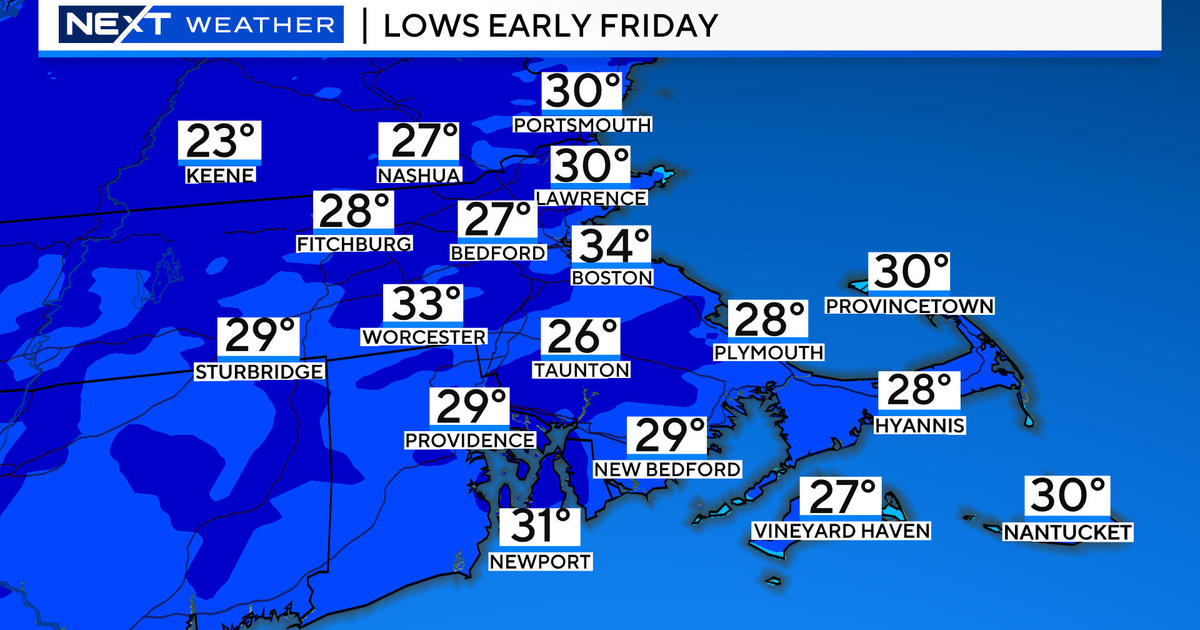MIT Researchers Use High-Speed Video To Show How Sneezes Infect Us
BOSTON (CBS) – Did you know that a sneeze is actually a "high-propulsion" cloud that can rapidly infect a room?
Researchers at the Massachusetts Institute of Technology (MIT) have caught it on video and it may someday help improve infection control.
They've been studying sneezing for years and the group presented their latest findings this week at a meeting of the American Physical Society in Boston.
In April 2014, the researchers gained national attention when they used high-speed imaging to find that some droplets from coughs and sneezes may carry much farther than most people suspected.
Those droplets spanned the size of a room and reached the ceiling in some cases.
This time, they recorded high-speed video of two healthy people sneezing about 50 times over the course of several days.
By digging deeper, they discovered how the droplets are formed – "within a high-propulsion sneeze cloud." They say that's a critical piece of the sneeze puzzle that they've been missing.
"Droplets are not all already formed and neatly distributed in size at the exit of the mouth, as previously assumed in the literature," MIT professor Lydia Bourouiba, one of the lead researchers in the study, said in a press release.
Sneezes can spread infectious diseases like measles, influenza or SARS, by suspending those viruses in the droplets. People can breathe in those drops or unknowingly come in contact with them with their hands.
The Centers for Disease Control and Prevention (CDC) says on its website that sneezing and cough "etiquette is especially important for infection control."
Here's what the the agency recommends:
- Cover your mouth and nose with a tissue when you cough or sneeze.
- Put your used tissue in a waste basket.
- If you don't have a tissue, cough or sneeze into your upper sleeve, not your hands.
- Remember to wash your hands after coughing or sneezing



